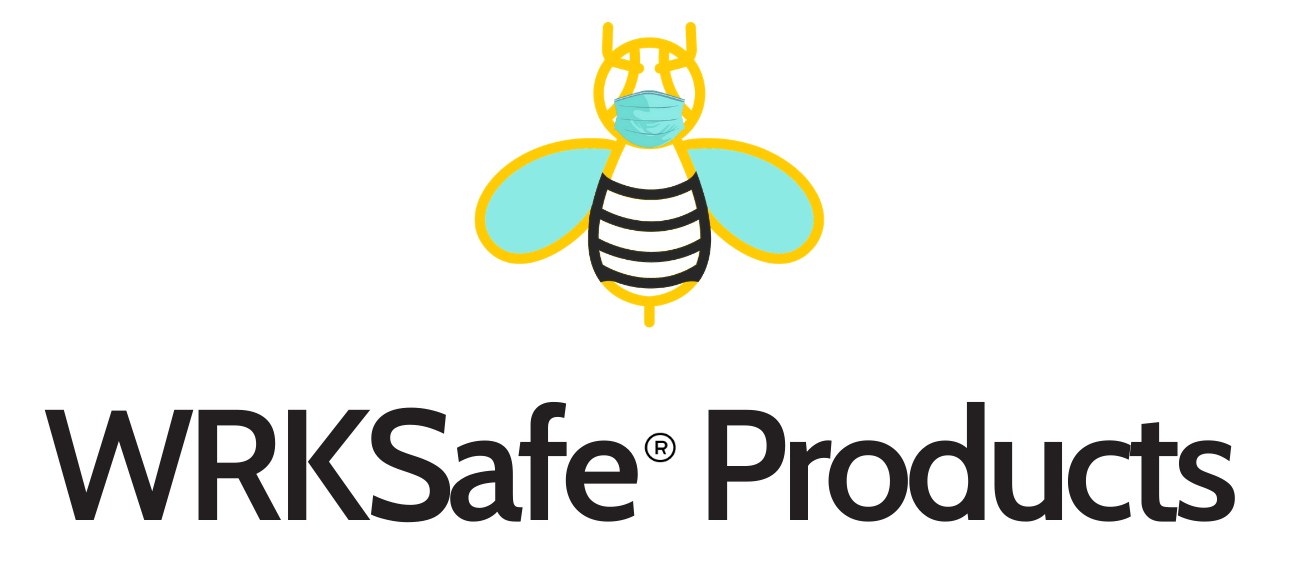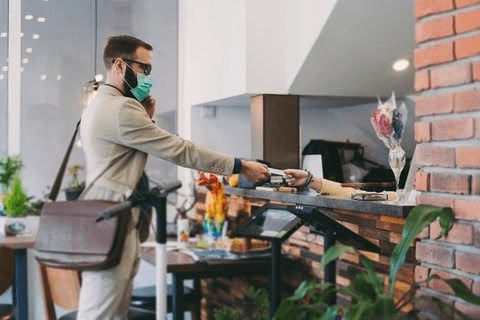Guests will make travel decisions based on safety, according to a new survey from PricewaterhouseCoopers. Photo credit: Getty Images/E+/martin-dm
As travel-related businesses begin to reopen, the industry as a whole will have to adjust to new normals. In late April, professional services firm PricewaterhouseCoopers surveyed more than 1,000 American consumers who had taken at least one flight or spent at least one night in a hotel last year to get a sense of what travelers expect for the future—and, in turn, what travel and hospitality professionals can expect.
Click here for all of Hotel Management’s COVID-19 coverage
The PwC Travel Sentiment Survey had some definite bright spots: Almost 40 percent of consumers plan to travel by this July, while close to 75 percent plan to do so by September. In the 12 months after restrictions have eased, approximately 90 percent of consumers expect to travel again. The survey also questioned travelers on what businesses can do to improve consumer confidence and make sure their customers and guests feel safe when away from home. Here are three main takeaways.
VIRTUAL ROUNDTABLE
Post COVID-19: The New Guest Experience
Join Hotel Management’s Elaine Simon for our latest roundtable—Post COVID-19: The New Guest Experience. The experts on the panel will share how to inspire guest confidence that hotels are safe and clean and how to win back guest business.
1. Cite the CDC, not private companies
More than half (59 percent) of respondents rated the Centers for Disease Control and Prevention first among sources they will consult before traveling. In fact, they are 70 percent more likely to trust the CDC than the federal government (36 percent), which ranks fourth on the list of trusted sources, after state governments (49 percent) and other health organizations (37 percent). In turn, only 10 percent of respondents said they trust the safety guidelines of private businesses like hotels, restaurants and airlines. To reassure their customers, travel, transportation and hospitality companies should communicate clearly and cite trusted sources to help guide their safety policies.
2. Build trust
This is a moment for branded hotels to shine and make the brand synonymous with safety and security. More than double the number of consumers surveyed said they would avoid spending the night in a short-term rental property (37 percent) compared to a brand-name hotel (16 percent). Hotels can capitalize on that trust by sharing their safety standards and making sure guests understand how hard the property’s team is working to keep everyone safe. Almost 75 percent of respondents said employees wearing personal protective equipment and third-party certified sanitation reviews offer them a sense of security. At the same time, almost 85 percent said their travel decisions will hinge on communications they receive from hotels and airlines about safety. (This is an opportunity to reach out to former customers and guests detailing a hotel’s CDC-recommended initiatives: Approximately 40 percent said they were unsatisfied with the communications they’re currently receiving about safety protocols.) Hotels also can communicate their efforts to current guests by having dedicated COVID-19 sanitation workers wearing a dedicated uniform.

3. Upsell safety
Travelers want control of their surroundings: Nearly half—43 percent of respondents—said they were likely to spend more to confirm physical distancing on their next flight, with 60 percent of families with children willing to pay more. Fifty-five percent of consumers aged 18 to 40 years also said they would spend more to feel safe when traveling. In other words, while hoteliers should certainly not look to abuse their guests’ concerns, they should not fear making sure the price is commensurate with the steps taken to maintain safety. The desire to stay safe can be a boon for hotels in certain markets: Respondents also said they would want easy access to testing at their destinations, and would be more likely to select destinations that are past the peak of COVID-19 infection and have adequate contact tracing and hospital capacity. Businesses in these areas can mention these factors in their marketing to help ensure guests that the destination is a safe one.

